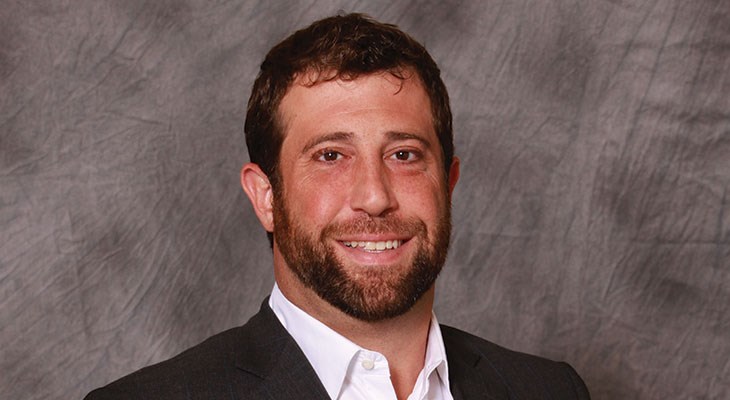Dealmaking isn’t always about dollars and cents. Sometimes it’s about blueberry muffins and chocolate chip cookies.
Main Street Gourmet, an Akron, Ohio-based custom bakery, has developed 128 recipes for blueberry muffins and 114 ways to make chocolate chip cookies. The company’s ability to continually innovate in the frozen baked goods sector has helped it become one of the leading custom bakeries in the U.S.
And that ability helped the company complete a recapitalization agreement with Chicago-based Shore Capital Partners to pursue even greater heights.
“One key to an effective recapitalization is partnering with a team that has a shared vision,” says Shore Capital Partners Managing Partner Justin Ishbia. “The founders of Main Street Gourmet, Steve Marks and Harvey Nelson, they have the same vision that we do. They want to continue to grow this business.”
The Chicago-based firm, which has more than $1 billion of equity capital under management, will partner with both the management team at Main Street Gourmet and the company’s previous majority shareholder, Clover Capital Partners.
We spoke with Ishbia about his approach to investments and the value of dealmaking acumen when you’re a business owner.
Say it, then say it again
Shore Capital has done more than 175 partnerships over the past decade as it has built its investment portfolio, working with some companies more than once. The firm focuses on microcap investments within the health care and food and beverage industries.
“We are repeat customers, and we’ll continue partnering with people over and over again,” Ishbia says. “These are people businesses, people who are making the product and people who are being creative coming up with new products.”
When you’re looking to invest in a company, always be thinking about the people side and never lose sight of the value of communication and transparency.
“We try to make sure that everyone’s on the same page, so they know where the company is going,” Ishbia says. “We do town hall events before we close a partnership, so everyone is aware of what’s going on. We’ve found that there’s no such thing as overcommunicating, so we do our very best to communicate above and beyond what we think is that clear message. Everyone hears things different ways, so you have to keep repeating the same message to ensure understanding.”
Shore Capital’s investment approach is to partner with companies and then find opportunities to help that company continue to grow, both internally and through acquisitions.
“How can we acquire a sister company for Main Street Gourmet somewhere else in the country that may have a different geographic scope or a different customer base that is a fit?” Ishbia says. “You put the companies under the same umbrella, and they both become more valuable by being part of the same family. It can be a risky proposition to do something like that on your own. But it often becomes easier to make bigger bets on hiring or on making capital expenditures when you have a partner in growth.”
Do what you do best
Main Street Gourmet’s ability to innovate and create unique items, such as its seasonal pumpkin bars, was a big selling point for Ishbia. He was also intrigued by the company’s focus on clean label baked goods, products with a minimal number of ingredients and few, if any, artificial preservatives — an industry segment that Ishbia believes has strong growth potential.
“That ability to be more nimble and develop products for the short and medium term, as opposed to a standard product that lasts for decades and decades, is intriguing,” Ishbia says. “They do a lot of custom runs for national and international brands.”
As for dealmaking acumen, Ishbia dismisses its importance for a business owner.
“The best partnership is when there are individuals who are really, really good at what they do and have high acumen in their area of expertise, whether that’s baked goods, health care or manufacturing,” Ishbia says. “If you run a great business and do that part well, dealmaking acumen is not relevant. That’s what we do on a day-to-day basis. If you’re producing a great, quality product and best-in-class brands that people want to buy, that’s more important than dealmaking acumen.”




